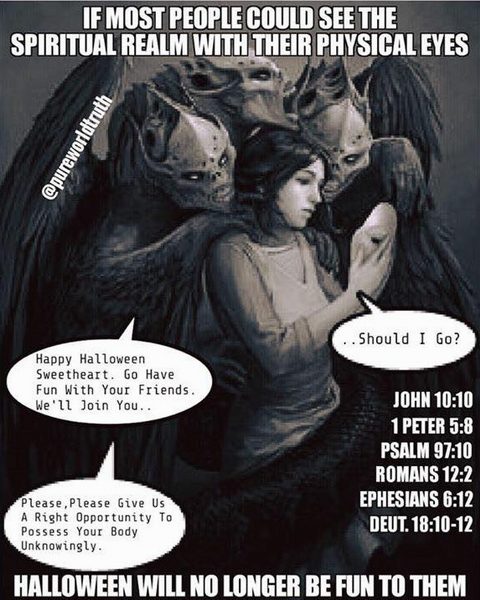Let not mercy and truth forsake thee: bind them about thy neck; write them upon the table of thine heart ~ Proverbs 3:3 KJV
The editors of Reader’s Digest wrote a touching story about Mrs Klein’s classroom of first graders. Mrs Klein asked her students to draw pictures showing what Thanksgiving meant to them. She didn’t think the kids would have much to be thankful for being as they lived in a deteriorating neighborhood. So she expected to get drawings of turkeys, thanksgiving dinner spreads and the like.
When the children turned in their drawings, Mrs Klein was taken aback when she saw Douglas’s drawing of a hand. Douglas was typically so forlorn and likely to be found in her shadow when they went to recess. When she asked the class what they thought this hand represented, one kid said, “the hand of God that brings us food”, another said “the farmer that raises the turkeys” and another said “I think it’s all the hands that help us, but Douglas could only draw one of them”.
In her pleasure at the class’s response, Mrs Klein started the class on another project when she realized she had almost forgotten to ask Douglas what the picture was actually about. So, so she leaned over his desk and asked him whose hand it was, and the boy replied, “it’s yours, teacher”.
It seems Mrs Klein had taken Douglas by the hand from time to time, as she had done with many of her students, but it had meant so much to Douglas and it turned out to be her thanksgiving.
The editors of Reader’s Digest didn’t explain in the story why this small gesture had meant so much to Douglas, and they never explained why he was “forlorn and likely to be found in her shadow at recess”.
I have to think of people I’ve known in my own life, while in school, working various jobs, at social gatherings and even just in daily life who seemed out of place, didn’t fit in and sometimes just seemed a bit forlorn. The ones I have helped along the way and the ones who, in my own selfishness, pride and arrogance, I didn’t.
This story applies to adults and senior citizens as well as to school kids and it shows how sometimes the smallest of deeds can make a big impact on someone. Sometimes all a person wants is a friend. In a verse that comes to mind, Jesus said in Matthew 10:42 “And whosoever shall give to drink unto one of these little ones a cup of cold water only in the name of a disciple, verily I say unto you, he shall in no wise lose his reward.”
I remember a good friend of mine saying that she instructed her kids, “if you see someone at school who sits alone and doesn’t have any friends, you be their friend!”
The bible has numerous examples of kindness to strangers and acquaintances alike, such as David’s kindness toward Mephibosheth the son of Jonathan in 2nd Samuel chapter 9, the parable of the Good Samaritan in Luke 10, Paul’s shipwreck in Acts 27 and 28 where the islanders showed them unusual kindness. There are endless examples in scripture of God’s grace and kindness toward us, even though we don’t deserve it.
As people celebrate the national Thanksgiving Day holiday this year, let’s remember that thanksgiving isn’t all about us.
Quoting from Acts 20:35, “remember the words of the Lord Jesus, how he said, It is more blessed to give than to receive.” Let’s also remember Paul’s words in Colossians 3:12-13 “Put on therefore, as the elect of God, holy and beloved, bowels of mercies, kindness humbleness of mind, meekness, longsuffering; forbeareing one another and forgiving one another, if any man have a quarrel against any; even as Christ forgave you, so also do ye.”
Being a friend, being kind and giving someone a hand could mean so much to someone who is forlorn.




 A true Christian is a completely different person compared to other people.
A true Christian is a completely different person compared to other people.